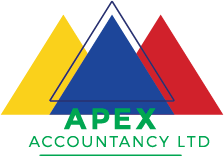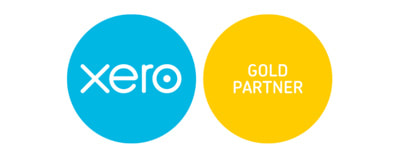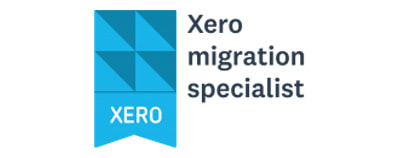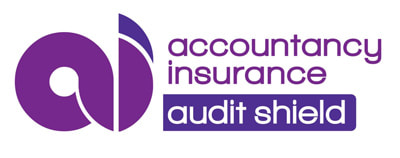|
Super important, up to date records are needed to easily determine your tax position. Good record keeping makes your business life less stressful and more efficient by saving you time and money. In what ways can good record keeping help you?1. Get your GST and income tax returns filed quicker and easier. Avoid penalties for incorrect returns and underpaid taxes. If everything is recorded and up to date you can calculate everything faster and more accurately. 2. Reduce your tax bill so you can claim business expenses against your income. If you get audited your astonishingly good record keeping will support your expense claims. 3. Your accountant can do your books quicker and keep costs lower. If your records are up to date and in good order your accounting costs will be much lower. Less time spent preparing your accounts means more money to put into your business. Plus, you’ll be able to use our accounting time for more specialised tax and financial advice. 4. Easily manage your business and help it grow. Better budgeting and decision making allows you to instantly see if you’re making a profit or overspending. If you record keeping is up to date mistakes will be harder to make and any issues spotted can be sorted before they grow, leaving no surprises at the end of the year. 5. The flow of money in and out is easier to manage. With up to date book keeping planning for low cash flow periods, seasonal downturns and unpredictable circumstances makes business life much easier. Likewise, you can easily identify the right times to buy business assets. 6. Do you need a loan? Record keeping can help you secure one. Increase your opportunity for funding and make it easier when applying for loans or grants. Accurate records show potential lenders if your business is worth investing in. Even if you're thinking of selling your business, you’re much more likely to sell if your records are well-organised. Now you know why record keeping is important, do you know what you need to keep records of?
Do you employ staff? Head here for a more in-depth checklist and Select Record Keeping Checklist IR1008 What do you need to know?Records must be in English or Māori, unless written authority by Inland Revenue has given authority to keep records in another language.
Records need to be easily organised and readable, anyone should be able to work through them quickly, especially your accountant. Stored on your PC? Keep back-up copies in case your system breaks down. For more detailed information click this link: Comments are closed.
|
Archives
May 2024
Categories
All
|
OUR PARTNERS

 RSS Feed
RSS Feed



